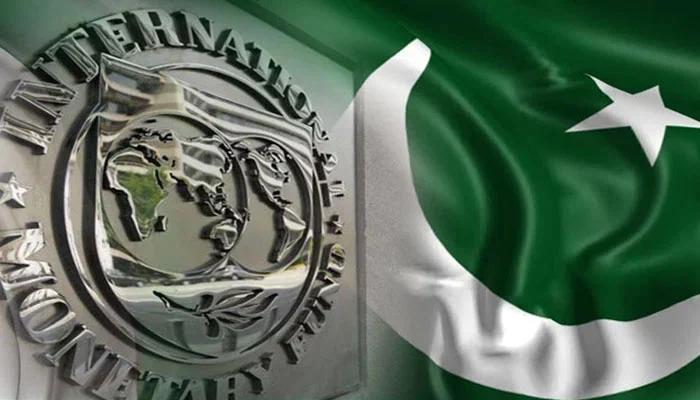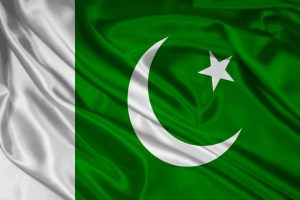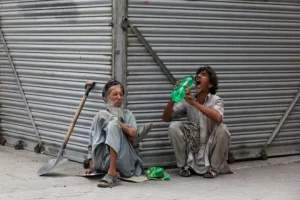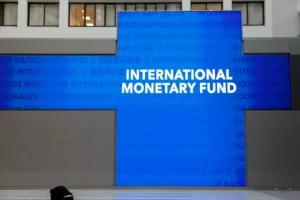The much-hyped revival of the International Monetary Fund’s (IMF) bailout package under the Extended Fund Facility (EEF) for Pakistan is unlikely to boost economic development in the country. Pakistan Institute of Development Economics (PIDE), — the country’s public policy think tank—in its recently published review of the IMF contours for the financial assistance, has trashed the riders attached with the loan programme. Until well-thought out prudent economic policies are not put in place, the country will have to continue running on “doles” as subsequent governments that have come into power have been predominantly driven by politics.
Pakistan has sought IMF loans more than 20 times. “However, it has now become a cyclical phenomenon and the reason is that the country refuses to fix the economy, it has got into the habit of running for bilateral and multilateral lenders from time to time,” an analyst with a research firm dealing with South Asia told India Narrative.
Despite repeated calls by Pakistani policy analysts underlining the need for resumption of trade with India, Islamabad has remained unmoved. Last month, Pakistan Prime Minister Shehbaz Sharif once again reiterated trade with India will not be resumed until the Kashmir issue is resolved.
The PIDE assessment of the IMF loan programme and the riders will cause embarrassment to Sharif and his team. After the IMF loan approval, the government went on a mega celebration mode.
“The way they celebrated seemed as if all their economic problems have been resolved and herein lies the main issue..once the assistance comes, the focus is no more on structural long term reforms,” he said.
The News International, a local media organisation noted that Pakistan’s trade potential with its bordering nations is immense. “However, not even one per cent of the $3 trillion worth of imports by the economic giants has been secured by Pakistan,” it said.
Tariff hikes, an exponential rise in inflation, continuous devaluation of the Pakistani rupee, alongside additional conditions imposed by the IMF, have all worsened Pakistan’s already depreciating fiscal position, the news organisation said.
As per IMF’s stringent prescription, the State Bank of Pakistan—the country’s central bank will have to continue with a tight monetary policy in the coming months.
However, PIDE report said that the high inflation is due to supply-side pressures and that further tightening of the monetary policy may boomerang. In August, the country’s annual inflation touched 27.3 per cent—the highest since May, 1975. In July, it was 24.9 per cent.
The IMF has stressed on revenue generation through taxation, “but it does not stress expenditure reforms, which is a low hanging fruit in the case of fiscal adjustment,” the report highlighted.
“In short, the IMF review does not prescribe any structural reforms required for the country to put in place a robust macro economic framework..it is just a temporary measure,” the analyst quoted earlier said.
Also read: Pakistan’s forex reserves depleting again despite IMF assistance




















